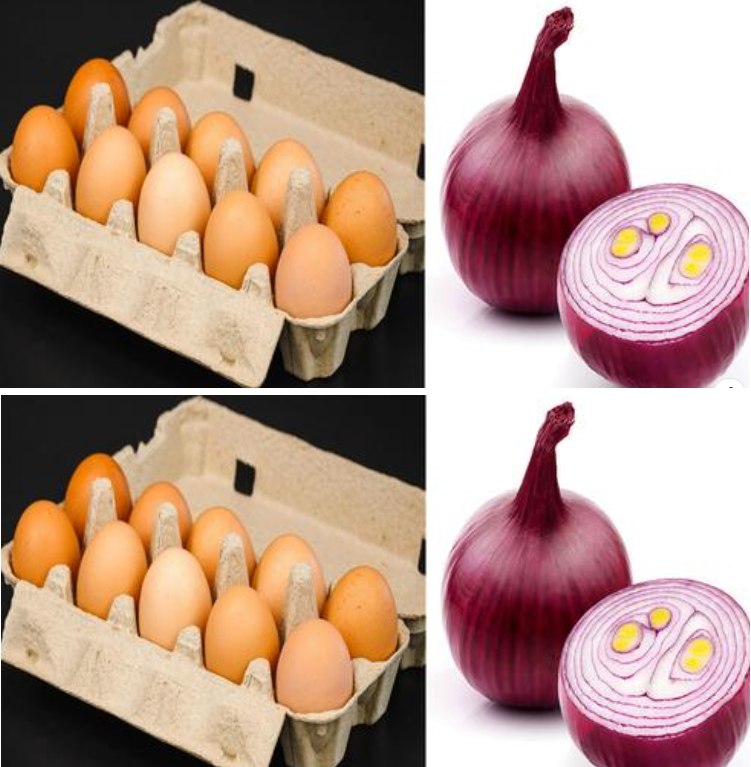Both garlic and onions thrive in cool, dry, and well-ventilated spaces, making the pantry an ideal storage spot. Refrigeration can dampen their flavors and alter their texture. Chopped onions, however, should be refrigerated in an airtight container to preserve freshness and prevent odor transfer. Similarly, cut garlic can be kept in the fridge for short periods, though it may lose some potency.
3. Potatoes: The Cold Sweetens the Deal, Unfavorably
Refrigeration can cause potatoes to convert their starch into sugar more rapidly, affecting their natural flavor and cooking properties. Ideally, store whole potatoes in a cool, dark place to maintain their quality. If refrigerated, try not to keep them for more than a week to avoid flavor alteration.
4. Avocados: Timing is Everything
The ripeness of an avocado dictates its storage. Unripe avocados should ripen at room temperature, while ripe ones can be refrigerated to extend their freshness. Once cut, avocados should be kept in the fridge with their exposed flesh brushed with lemon juice or olive oil to prevent browning.
5. Tomatoes: Chill Out on Refrigerating
Tomatoes lose their characteristic texture and flavor when refrigerated. They’re best stored at room temperature, away from direct sunlight, to preserve their taste. If you have overly ripe tomatoes that you can’t use immediately, refrigerating them can prolong their life, but allow them to return to room temperature before eating to enhance their flavor.
6. Olive Oil: A Fridge Too Far
Continue Reading in next page

